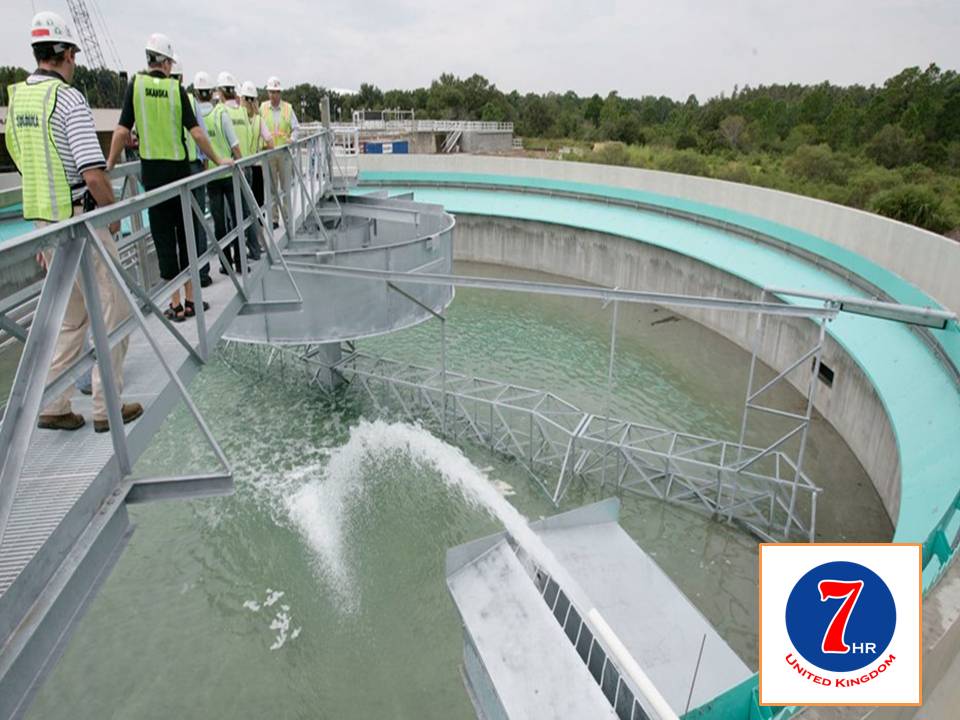Recruitment Process in Water Treatment
Posted on: January 14 2020, By : Drishti Khimshia

Water treatment is a process which improves the quality of the water for the end use. The end usage of water can be anything such as drinking, irrigation, industrial water supply, water recreation, river flow maintenance and many other uses, which included it being returned safely to the environment. Water treatment removes contaminants and undesirable components or reduces their concentration so that the water is fit to be used. This treatment is crucial to human health and also allows human to benefit in both drinking and irrigation use. There are processes that involve removing of contaminants which include physical processes like settling and filtration, chemical processes like disinfection and coagulation, biological processes such as slow and filtration. There are several water treatment recruitment agencies in London who help in hiring the workers for water treatment process in companies. A career in water treatment involves maintenance and repair of water distribution and treatment equipment. Water treatment recruitment agency in UK hires these candidates on behalf of the companies to do the following job.
In water treatment process a candidate has to do the following job:
1. Design overall schemes, such as sewer improvement schemes or flood defense programme, and associated structures, such as pumping stations and firework and earthwork.
2. Clean and look after septic tanks, filters and other equipments. Review technical submissions.
3. Make small repairs and report major problems to engineers. Liaise with various bodies and individuals, including local authority, government agencies, clients, contractors and other consultants.
4. Use computer simulations to analyze, for e.g. potential dam failure. Devise flood defense strategies, including river and flood plain modeling, economic studies and consultation with affected people.
5. Add chemicals to treat the water. Check and record the water and gas levels. And much more.
The water treatment technician should have received 1 year vocational school training or 2 year associate’s level training in water treatment, though completion of these programs is not necessary to enter the field. The water treatment technicians must be certified by the state in which they work. As required by the US Environmental protection Agency. A candidate having a relevant engineering or science course, it can be beneficial to them, but having civil engineering gives them more chances. Other degrees like chemical process engineering, mechanical engineering, biochemistry also can be helpful for the candidate. Recruitment Agency in London provides help to those technicians who are not able to get themselves into this field. They help them with the process of joining into a water treatment firm.
Recruitment process for water Treatment:
1. The Advertisement is spread out for the opening / vacancy for water treatment profile.
2. The CV’s of the necessary candidates who are interested for the profile submit them.
3. The CV’s are shortlisted by the Water treatment manpower recruitment agency in London, who is hired by the company. They select the appropriate candidates for the Job.
4. Once the candidates are shortlisted, they are interviewed first by the agency and if the interview goes well, then they are further interviewed by the company members themselves.
5. If everything goes well, the candidate is selected and an offer letter is made for the candidate.
6. And soon the candidate can join the work once all the recruitment process is over.
Appropriate technology options in water treatment include both community-scale and household-scale point of use or self supply designs. Water treatment plants can be significant consumers of energy. Water treatment technologies that have very low energy requirements include tricking filters, slow sand filters, and gravity aqueducts. The water treatment for drinking water production involves removal of contaminants from raw water to produce water is pure enough for human consumption without any risk or adverse affect.
Share this:


